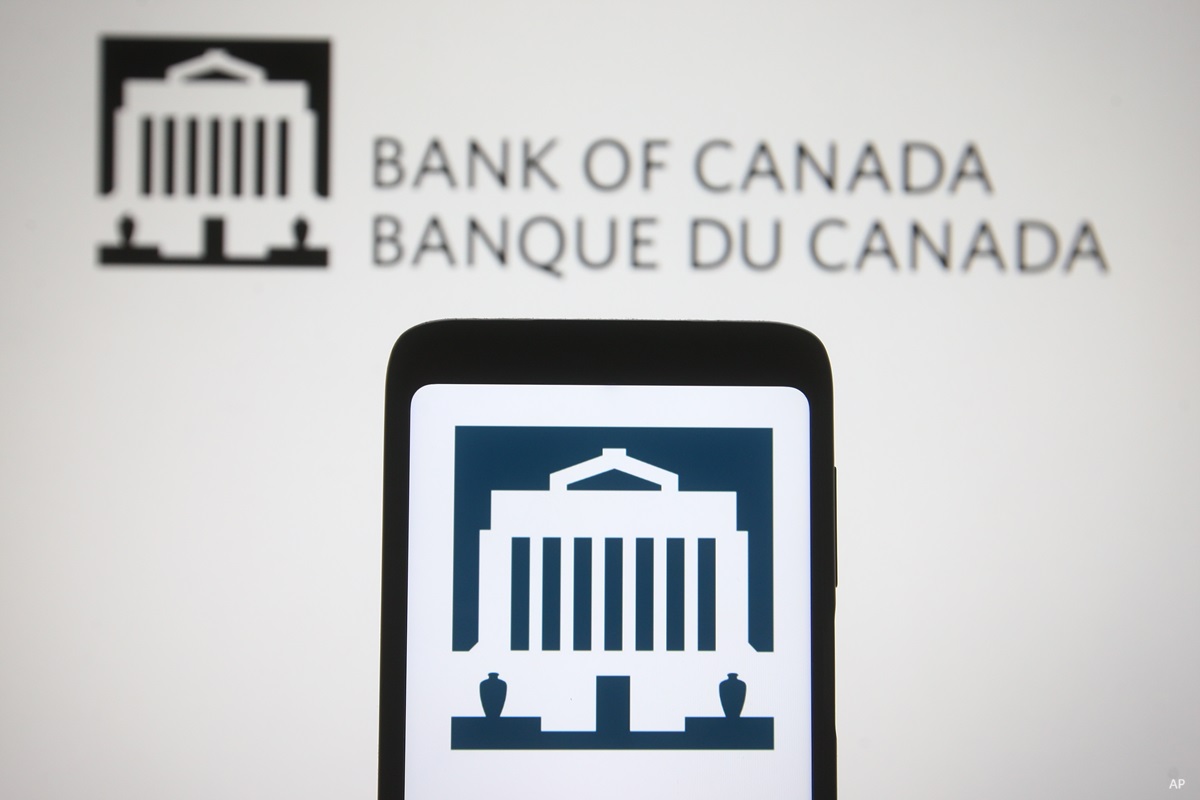
Today, the Bank of Canada announced a 0.25% increase to its key overnight rate, bringing the rate to 4.5%. The widely expected hike is the eighth this year in the Bank's battle against inflation brought on by persisting global political, economic, and pandemic-related factors. The Bank said it will also continue its policy of quantitative tightening.
“The continued fight with inflation and rising interest rates hits Canadians twice: once at the cash register when purchasing goods and services, and again via bigger interest payments on floating rate debt, like some mortgages,” says Morningstar Canada’s Director of Investment Research Ian Tam.
“Global inflation remains high and broad-based,” explained the Bank of Canada in its release, while hinting at signs that inflation is beginning to subside, “Inflation is coming down in many countries, largely reflecting lower energy prices as well as improvements in global supply chains.” The Bank said in Europe and the United States, economies were slowing but proving more resilient than expected. Meanwhile, fears are growing that central banks could put too much pressure on economies, sending them into recessions.
Signs of Slowing Economies
“A formal recession in 2023 remains a 30%-50% possibility, given our expectations that GDP growth in the first half of the year is close to zero,” says Morningstar’s Preston Caldwell, Head of U.S. Economics for Morningstar Research, “But we think there’s been too much of a focus on the question of whether a recession will or won’t occur—the more important question is the severity of any potential recession.”
“We think most of the sources of today’s high inflation will abate (and even unwind in impact) over the next few years, including energy, autos, and other durables,” says Caldwell, “Plus, aggressive capacity expansion across many areas could turn widespread shortages into surpluses within a few years.”
“There is growing evidence that restrictive monetary policy is slowing activity, especially household spending,” said the Bank of Canada, “Consumption growth has moderated from the first half of 2022 and housing market activity has declined substantially." The Bank added that weaker foreign demand will also likely weigh on exports – which it said will allow supply to catch up to demand.
Canadian Labour Market Still Too Hot
Currently, the Bank says Canada remains in excess demand, with recent economic growth stronger than expected: “Labour markets are still tight: the unemployment rate is near historic lows and businesses are reporting ongoing difficulty finding workers.”
The Bank said it will continue to put pressure on inflation this year, but remains optimistic about progress on bringing prices back in line. “Inflation is projected to come down significantly this year," the Bank said, "Lower energy prices, improvements in global supply conditions, and the effects of higher interest rates on demand are expected to bring CPI inflation down to around 3% in the middle of this year and back to the 2% target in 2024.”
What Should Investors Do?
In the near term, challenges remain. “Despite these pressures, investors are reminded that the core tenet of investing is the magic of compounding returns,” says Tam, “A dollar invested today will be worth more than a dollar invested a year from now. Frugality and discipline might be your new best friends when it comes to keeping on track with your investment goals and continuing with contributions (however small) to investment accounts. This, and an unwavering focus on goals as opposed to day-to-day news flow will lead investors to better financial outcomes.”









.jpg)










